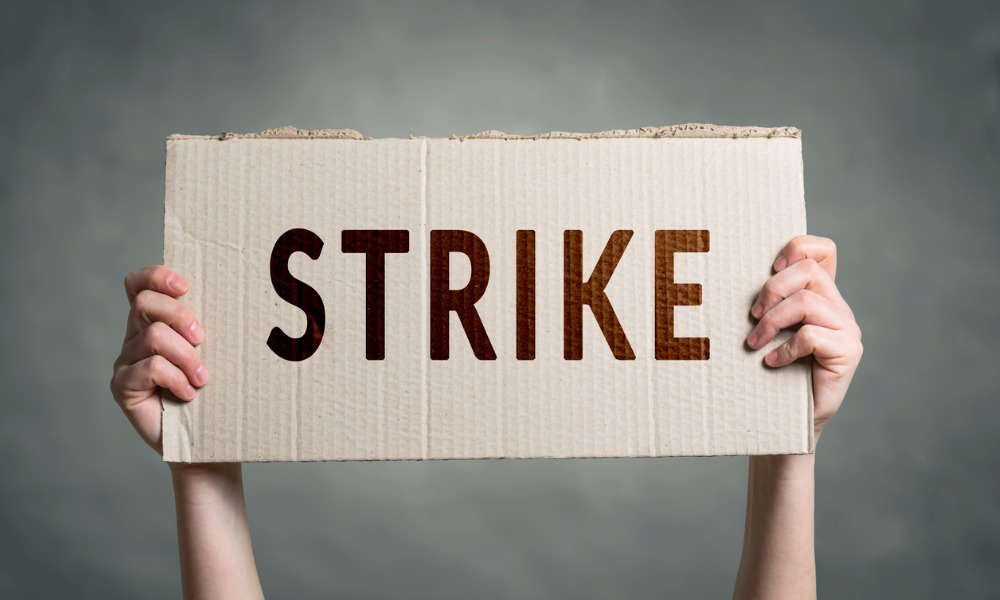A rail strike could raise costs, reduce sales, and delay shipments for manufacturers, impacting commuters

A rail strike could significantly impact Canada’s manufacturers by increasing expenses, reducing sales, and delaying shipments, according to an industry group, reports The Canadian Press.
The Canadian Manufacturers & Exporters (CME) reported that two-thirds of their surveyed members anticipate “significant or severe” effects from a work stoppage, with more than three-quarters expecting higher costs.
CME gathered survey results from 225 of its 2,500 member companies over the past three weeks and used this data to urge the federal government to prevent a potential strike or lockout later this year.
Last month, employees at Canadian National Railway Co. and Canadian Pacific Kansas City Ltd. authorized a strike mandate, which could involve 9,300 workers if they do not reach new agreements.
In an attempt to delay a possible strike, Labour Minister Seamus O'Regan asked the country’s labour board to review whether a work stoppage would jeopardize Canadians' health and safety. CPKC stated that a decision is unlikely before mid-July.
Manufacturers in various sectors, including auto, chemical, propane, and brewing, express concern over a potential work stoppage. CME President Dennis Darby noted that Canadian industry relies heavily on interconnected supply chains.
He explained, “What we do now is make parts and pieces. We don’t make washing machines anymore, but we have companies that make the motors in the washing machines.”
Darby pointed out that manufacturers are already feeling the impact, with some pre-ordering extra inventory and booking space on alternative carriers despite high transport truck prices.
Survey results indicate that a rail traffic halt could cost companies an average of $275,000 per day, amounting to over $433m per week for a segment of Canada’s manufacturers.
CME is among hundreds of organizations and companies that submitted concerns to the Canada Industrial Relations Board regarding the impact of job action on rail lines, which transport over $28bn worth of cargo annually.
Labour Minister O'Regan referred the issue to the board after receiving a letter from the Canadian Propane Association. The letter highlighted the need for heavy fuel, propane, food, and water treatment materials, particularly in remote communities.
Darby suggested that Ottawa could use “moral suasion” to encourage a resolution and consider framing rail transport as an essential service to enable binding arbitration if necessary.
However, Teamsters Canada rejected calls for binding arbitration or any government intervention to prevent a rail stoppage. Union spokesperson Christopher Monette stated that occasional labour disputes are a hallmark of a free and democratic society.”
A work stoppage could also disrupt commuter services. If the 80 CPKC rail traffic controllers bargaining for a contract go on strike, passenger trains on Canadian Pacific-owned tracks in Vancouver, Toronto, and Montreal could be affected.
This could cause significant disruptions for thousands of riders on TransLink’s West Coast Express, GO Transit’s Milton line, and Exo’s Candia, Saint-Jérôme, and Vaudreuil/Hudson lines.



